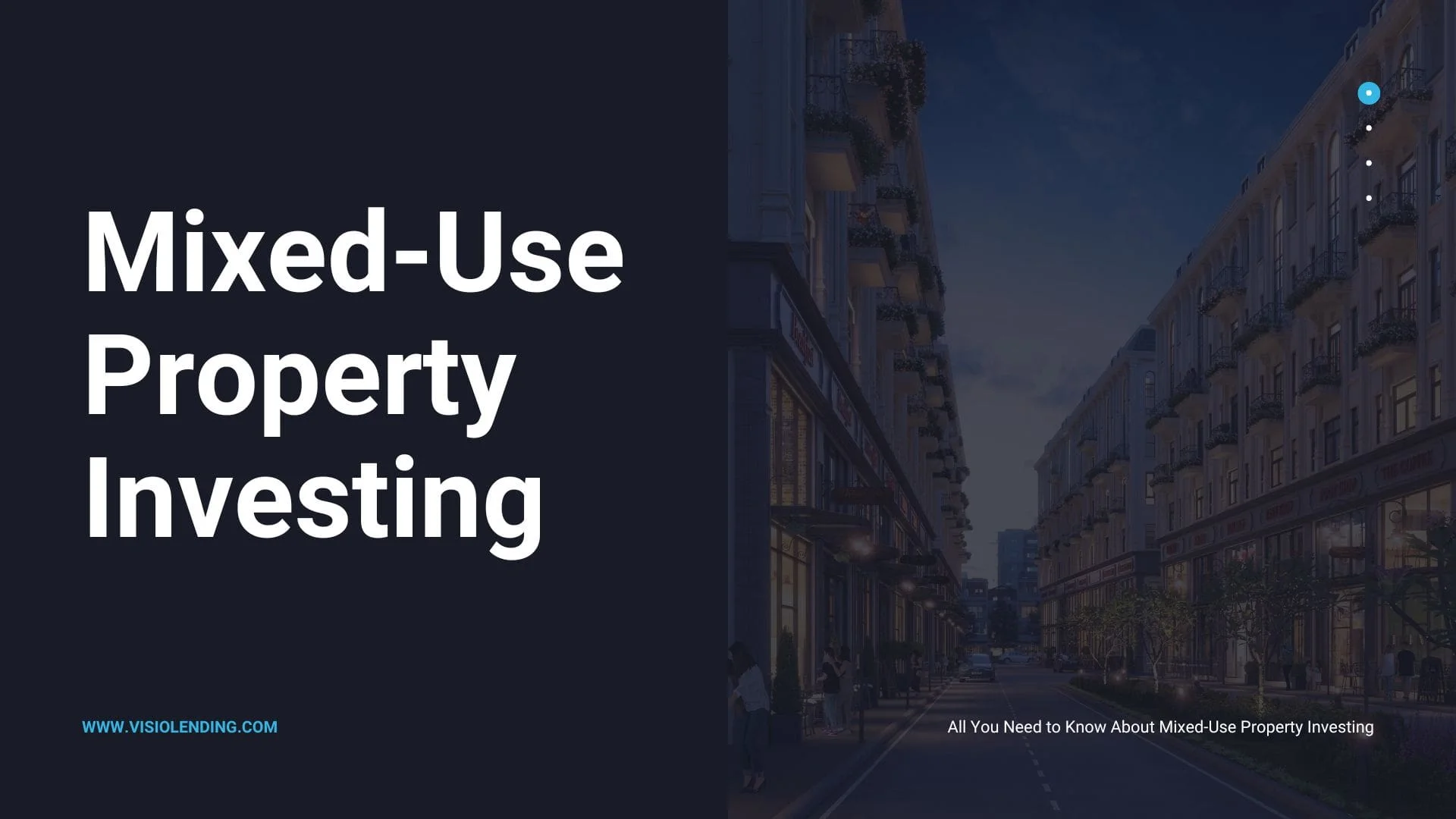Mixed-use property investing allows real estate investors to diversify their risk and create convenient living communities for residents. A mixed-use property combines residential, commercial, retail, and entertainment units into a single building or community.
Read on to learn why mixed-use buildings can be a profitable investment strategy. We’ll review the most common mixed-use types, the different zoning options, and the pros and cons of this investment type. This article will also review a few critical steps for obtaining funding for your mixed-use project.
Once you purchase your mixed-use space and fill it with tenants, your strategy should transition to managing the investment. Many mixed-use investors rely on property managers to help find tenants, review leases, collect rent, and handle repair requests. You may need multiple property managers to oversee each unit type.






